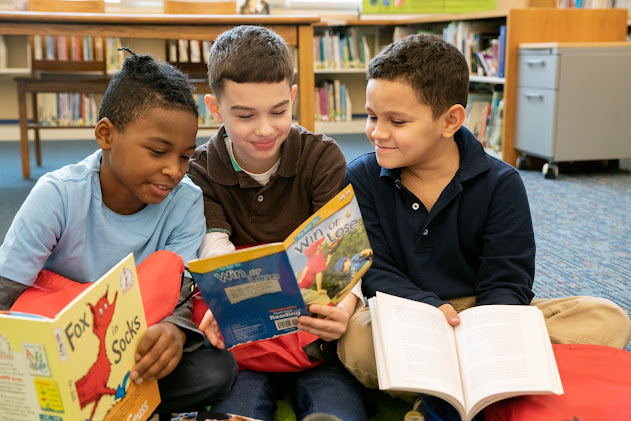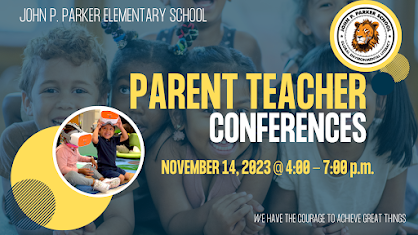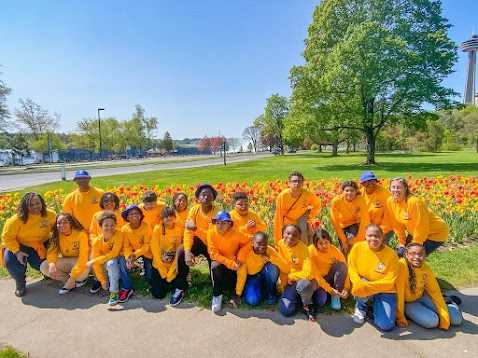What is Dyslexia?
What is Dyslexia?
What is dyslexia?
Dyslexia is a Specific Learning Disability (SLD) that is neurobiological in origin. It is characterized by poor phonemic awareness (matching sounds to letters) and deficits in decoding and spelling words.
What is not dyslexia?
Dyslexia is not a problem with intelligence, laziness, vision, or seeing/writing letters backwards.
What causes dyslexia?
Brain imagery studies show differences in the way the brain of a person with dyslexia develops and functions compared to a person who reads easily. It is basically a phonological processing deficit. Most people with dyslexia have problems identifying the separate speech sounds in words and they struggle to associate sounds with letters.
These dyslexic problems are not due to lack of intelligence. People with dyslexia can be very bright and are often gifted in areas such as art, computer science, design, drama, electronics, math, mechanics, music, physics, sales, and sports. Dyslexia occurs in people of all backgrounds and intellectual levels…and runs in families. Parents with dyslexia are very likely to have children with dyslexia.
Cincinnati Public Schools use Acadience Benchmark assessments to identify whether K-2 students are progressing at a benchmark level that predicts success in reading. If a student is below benchmark, intensive and individualized supplemental reading instruction is immediately delivered to the student. Reading growth is progress monitored regularly before determining whether the student needs a comprehensive evaluation that may lead to special education eligibility.
Are all struggling readers dyslexic?
No - children can struggle in reading due to causes other than dyslexia such as:
inadequate phonics instruction
gaps in education due to poor school attendance and/or habitual tardiness during reading instruction time
a language disorder
hearing impairment
oral language difficulties such as limited vocabulary and grammatical abilities.
How is dyslexia treated?
Dyslexia is a lifelong condition. Early identification and treatment is the key to helping individuals with dyslexia achieve in school and life. Children with dyslexia need help from a teacher specially trained in a multisensory, structured language approach, delivered in a systematic and explicit method that involves several senses (hearing, seeing, touching) at the same time. Many individuals with dyslexia need one-on-one help with a lot of structured practice and immediate corrective feedback.
Famous people with dyslexia
Albert Einstein, Thomas Edison, Walt Disney, Pablo Picasso, Andy Warhol, Tom Cruise, Whoopi Goldberg, Jay Leno, Keanu Reeves, Kiera Knightley, Henry Winkler, Cher, John Lennon, Muhammad Ali, George Washington





Comments
Post a Comment